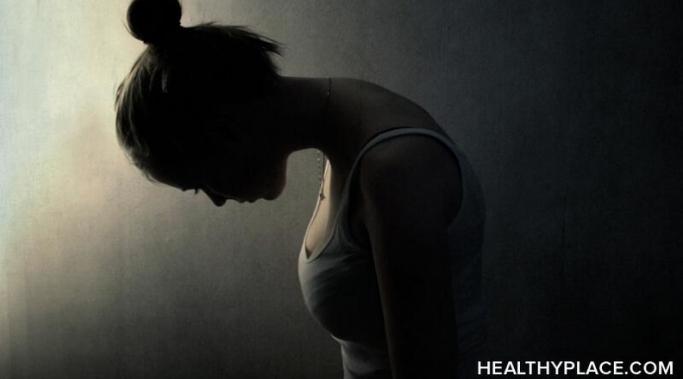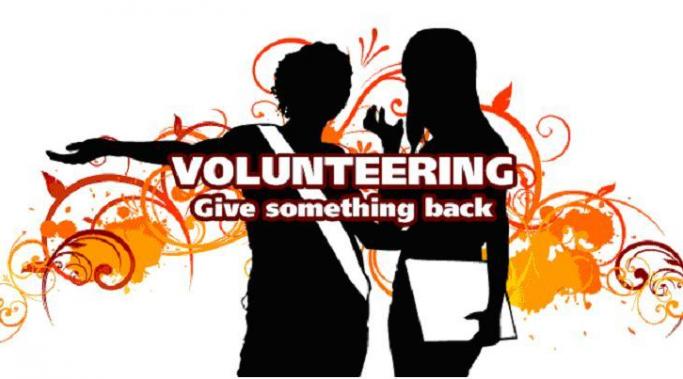Blogs
Let's talk about he blame game, forgiveness and guilt. Did you ever wonder why people feel guilt even though they have done nothing wrong? Humans have the psychological need for order. If something they experience is chaotic; blame is the easiest way to make order of it. Sometimes we blame ourselves and sometimes we blame others. But most of us go back and forth between the two.
Does harsh physical punishment of children have any lasting physical disease consequences? Children have been surviving childhood, irrespective of childhood trauma, for a long time. If survival were all we were interested in, we could change the subject at this point. However, we hope for more than this, so we must look more deeply at what we do with the little people in our lives.
The insanity defense has long endured contempt and disdain from the general public because it is perceived as a sleazy loophole allowing the dregs of our criminal class to fall through cracks in the judicial system which, we may all agree, is usually characterized by genteel civility and scrupulous even-handedness. One must wonder; has the mentally ill populace not suffered enough – both under the weight of maladies not of their own making – and the bitter, acidic atmosphere of stigma, discrimination, and underemployment? I say “Yes” – yes we have!
Delusions are false beliefs that are held in spite of a lack of evidence or even evidence to the contrary. For example, a delusion might be believing that the FBI is surveilling you every day or that you can predict the future. Delusions are a part of psychosis which can be present in bipolar depression or bipolar mania.
Delusions are easiest to spot when they’re exaggerated, like in the above examples, but I would suggest that delusions are much more common when we give them credit for. I would suggest that delusions are present in most cases of severe bipolar depression.
I have been getting a lot of questions on social media and in-person about the role eating disorder therapists have played in my recovery. This week, I’d like to share a few tips that are based on my personal experience of finding the right eating disorder professionals throughout my journey. It was an essential, yet very stressful, process. I have had to switch eating disorder therapists a few times, mainly due to reasons related to insurance coverage, relocation on either my end or theirs, as well as the need to seek out more specialized care at different points in my eating disorder recovery process.
The owner of Seattle’s From The Heart Pottery, Shari Druckman-Roberts, recently shared her solution of what to do about the homeless with mental illness or substance abuse problems.
“These people should not be on the street,” she said. “They should not be allowed to sleep in the street. They should not be allowed to be out in public with mental disorders, if they have them, or if they’re drug addicts, they need to go away.”
Recently, I was picking up my client from summer school and as I was standing in the hallway, I noticed how diverse the population walking by me was. My client has a developmental disability as well as a mental illness, so the school where her summer classes took place was mainly for those who needed a little extra support.
I saw individuals who had Autism, Down syndrome, aggressive behaviors, Cerebral Palsy and other different disabilities or disorders that allowed them to take summer classes at BOCES.
As I watched the students walk by, I wondered how difficult it was for outsiders to see these wonderful kids as having “unique abilities” rather than having disabilities.
Symptoms of bipolar disorder can make it difficult to volunteer even though giving back benefits those of us living with bipolar disorder. However, as a person living with bipolar, I often feel inadequate, hopeless, and inferior, so it's essential to find opportunities to give back that we can become passionate about and look forward to.
I know--I know--the title of this blog, the entire premise of it, is based on recovering from mental illness. But it is not titled anything along the lines of "How I Recovered From Mental Illness!" So, is full recovery from chronic mental illness possible?
I wrote once about an "impromptu" adult ADHD medication holiday that I accidentally took and how that worked out (lots of coffee!). Now, I'd like to talk about taking ADHD medication vacations on purpose and whether or not I think they're good ideas.









